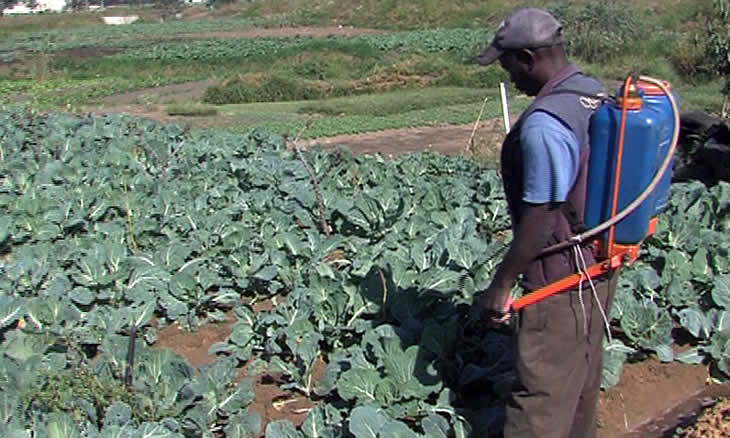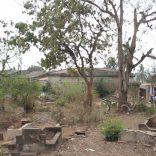Mozambique: Customs officer arrested for corruption in Beira
‘Sprayed cabbage’: Two dead and 28 hospitalised with food poisoning in Maputo

Photo: O País
Two teenagers have died and another 28 people hospitalised in Maputo following food poisoning allegedly caused by contaminated cabbage, Mozambique’s Ministry of Health had announced.
One of the victims died in hospital and one at home, and two are still hospitalised. The first 11 cases were admitted to Matola Provincial Hospital of July 19, having in common that they had all eaten cabbage bought in the Patrice Lumumba neighbourhood.
“We had the information of cases of diarrhoea and vomiting related to consumption of this cabbage,” the hospital’s Benigna Matsinhe explained.
The 28 victims, some of whom have already been discharged from hospital, are from the Patrice Lumumba neighbourhood in Matola, and Juba, in Boane, and were hospitalised in Maputo Provincial Hospital and José Macamo Hospital.
Authorities have collected samples for laboratory analysis, and destroyed the remaining cabbages and the beds in which they were grown. Health officials say they will have to wait for test results later this week to say definitively what the problem was.
Meanwhile, the Ministry of Agriculture and Food Security (MASA) says there are no restrictions on the consumption of cabbage generally, but warn people to be careful about hygiene and preparation. MASA states that all producers are aware of the rules on the use of fertilisers and pesticides, but some producers buy these products in the informal sector.

Cabbage producers ensure that they obey rules in the production process
O País visited some cabbage production fields in Maputo province’s Infulene Valley. Farmers there asserted that they had obeyed all the rules of the production process, but said that people sometimes steal cabbages or harvest them before the recommended period has passed.
The Infulene valley constitutes Maputo’s ‘green belt’. Almost half the capital’s horticultural production comes from there, and its cabbage in particular supplies the markets of the city and province.
Farmers in Infulene Valley say the cabbage they produce is fit for consumption, but they cannot control people who harvest the beds ahead of time.
Since 1991, Mr. Samuel has produced cabbage and lettuce in more than 50 beds in the valley’s ‘2M’ area, and admits that when the seven-day period after spraying with pesticides is not observed, the results can be tragic.












Leave a Reply
Be the First to Comment!
You must be logged in to post a comment.
You must be logged in to post a comment.